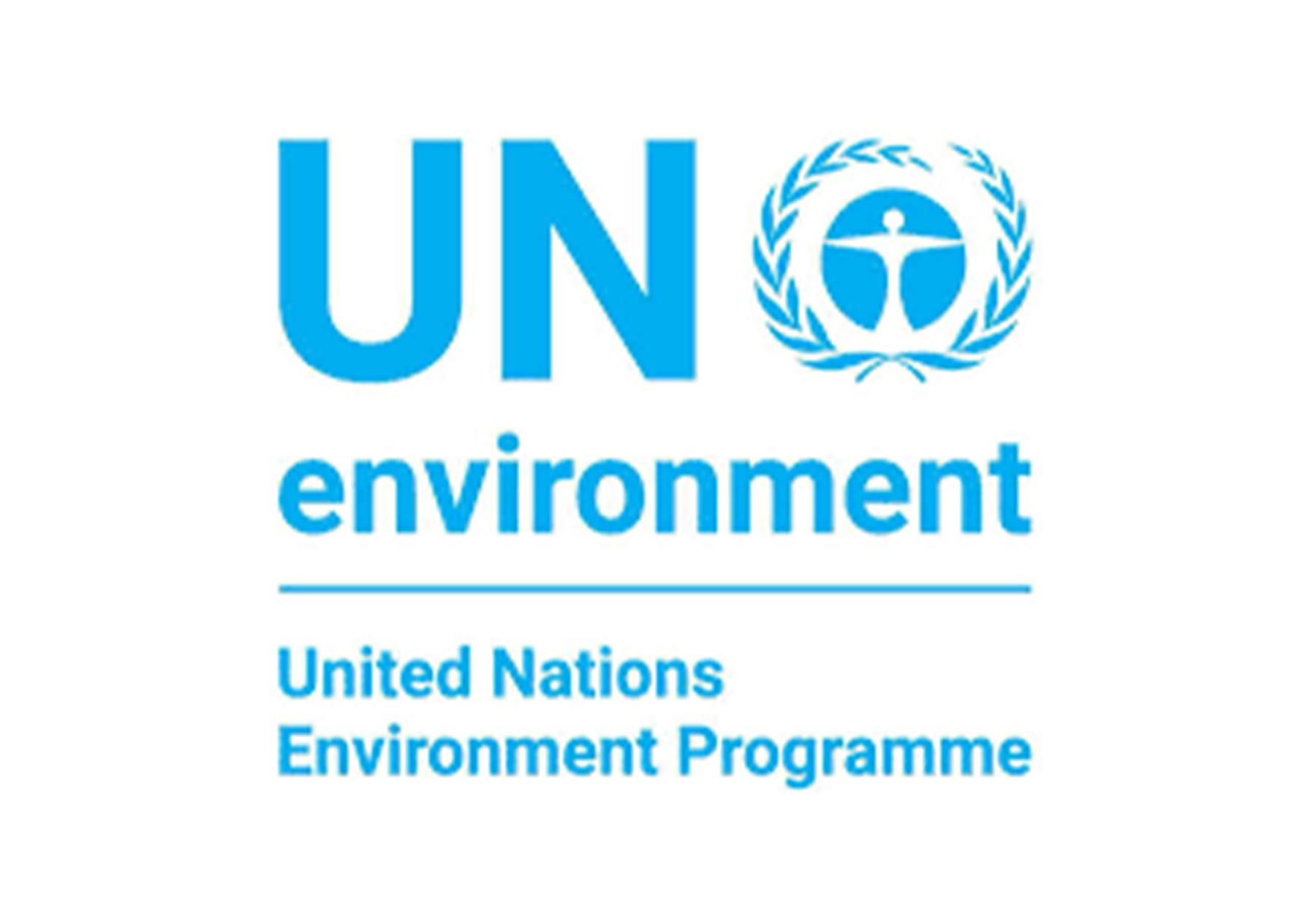
APN | Amman – Zoom
16 November 2023
18 – 19 December 2023
In preparation for the Sixth session of the United Nations Environment Assembly (UNEA-6), scheduled for February 2024 and organized by the United Nations Environment Programme (UNEP), APN took part in the first International Consultations for Major Groups and Stakeholders. This participation stems from APN's accreditation by UNEP and its role as a member of the Farmers Major Group.
During the first meeting, APN Advocacy and Research Officer, Lisa Shahin, stated that it is critical to address environmental impacts of wars and conflicts during the upcoming UNEA-6. The consequences of wars are both immediate and long-term that extend beyond humanitarian aspects to impact ecosystems, natural resources, plant and animal life, and, most importantly, humans. These impacts not only accelerate the triple planetary crises, the focus of UNEA-6, but they also destroy climate resilience, and undermine mitigation and adaptation efforts. She highlighted that it falls upon civil society to address these issues, not only in terms of rehabilitation efforts but ensuring accountability and prevention of future damage. Shahin concluded by discussing the ongoing Israeli aggression in Gaza, a strong illustration of the intentional weaponization of the environment and natural resources. This is accomplished by blocking essential resources like water and food, and using internationally prohibited weapons, including white phosphorus, which has long lasting impacts on water and soil.
In the second consultation, APN contributed feedback on a proposed draft resolution slated for presentation at UNEA-6. This resolution specifically addresses environmental assistance and recovery in the aftermath of conflict periods. APN recommended that the resolution clauses should encompass not only post-conflict measures but also incorporate actions addressing the root causes of conflict and the deliberate weaponization of the environment. This approach aims to ensure a preventive strategy. Moreover, APN recommended conducting factfinding missions to specific emerging cases, allocating budget funds for on-the-ground rehabilitation and recovery projects, and adopting a monitoring framework to prevent geographic bias in programme implementation.